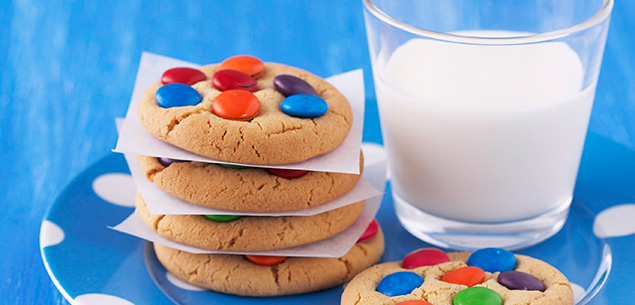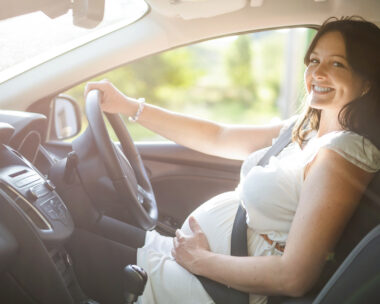There are many reasons why children end up obese. Their habits, lifestyle and environment may combine to cause weight problems. Genetics and medical conditions can also play a part. Researchers looking into what is causing the obesity epidemic among children have been investigating how we as parents affect our child’s weight. And they’ve come up with some interesting findings that show how our parenting can contribute to our children being obese.
Strictly unhealthy
Children whose parents don’t show them a lot of affection are more likely to pile on the kilos than kids whose mums and dads are firm but fair.
Canadian researchers say preschoolers aged between two and five, whose parents are particularly strict and don’t talk much to their kids, have a 30% greater chance of being obese. That figure goes up to 37% for children between six and 11.
Theories behind why these kids are more at risk include the idea that they may find comfort in food, or they may overeat as a way of rebelling against strict mothers and fathers.
Be a role model
Kids, especially those under 10, learn most bad habits from you. It’s all very well to encourage them to exercise, but if you’re a couch potato who consumes lots of junk food, you’re not setting a healthy example. “Do as I say, not as I do,” doesn’t always work.
However, if your kids see you regularly going for walks, taking the stairs, snacking on fruit, enjoying veges and saving food that’s high in fat or sugar for special occasions, they’ll think of those behaviours as normal, and are more likely to follow them even when you are not around. You’ll be setting them up with good habits for life.
On the flipside, if they see you tucking into a family-sized bar of chocolate every night while watching hours of TV, they will regard that as a normal thing to do, and could pick up very bad habits that may lead to weight and other health problems.
Be aware of using food to control emotions
Do you ever find yourself saying to your upset child, “Here, have a biscuit – it will make you feel better”? Or to your youngster, when they’ve achieved something, “Well done for being so good – here, have some lollies”?
If you do, stop right now. Using food as a reward or to comfort your kids will set them up for unhealthy eating behaviours. They’ll come to expect to receive food – in particular “treats” that are bad for them – whenever they do something good, or will want to head straight for the biscuit tin every time something goes wrong.
Find other ways to reward or console them that don’t involve food. For example, if they have been well behaved, read them an extra bedtime story or let them stay up 10 minutes later.
If they are upset, offer extra cuddles and a sympathetic ear as they tell you what’s wrong.




